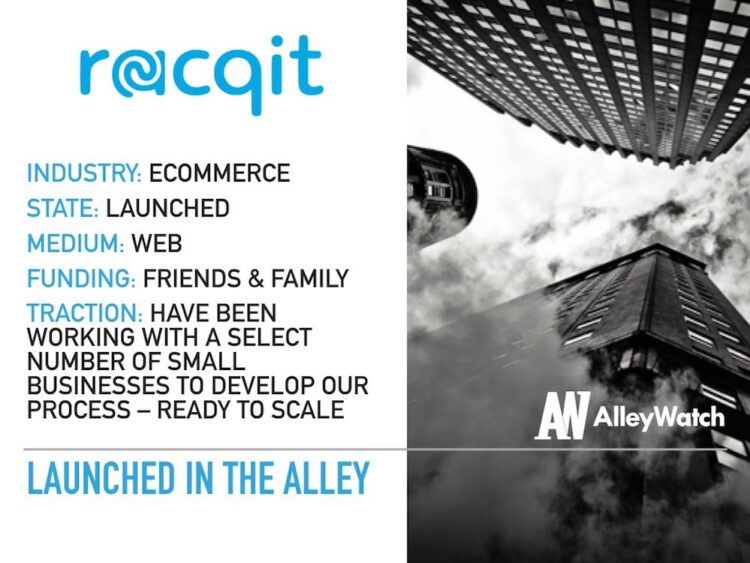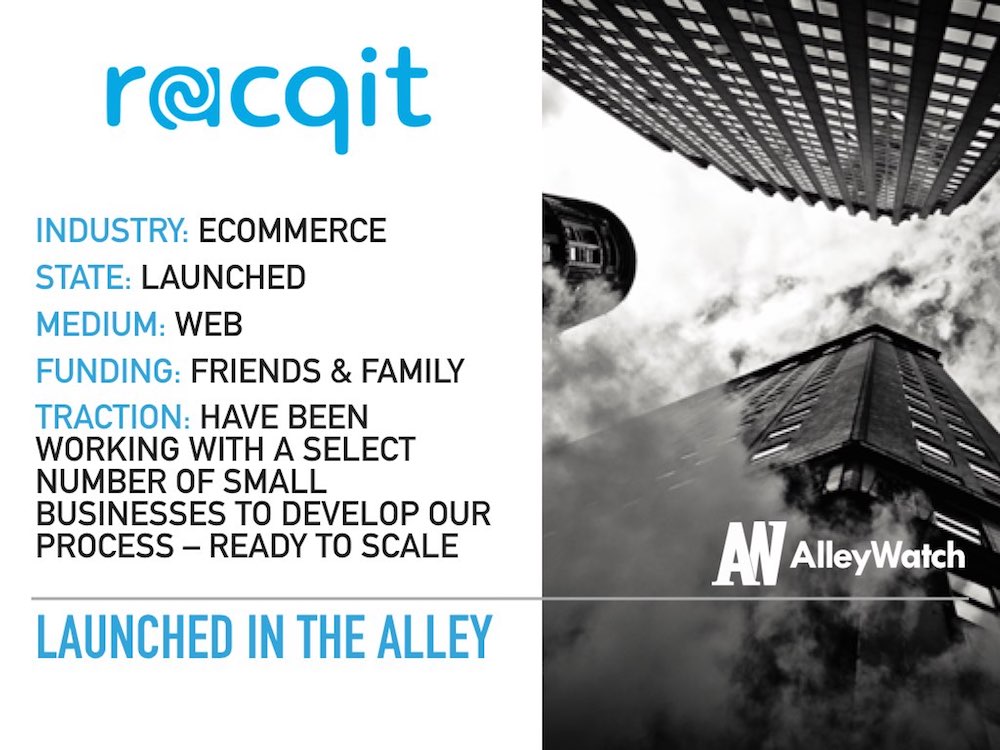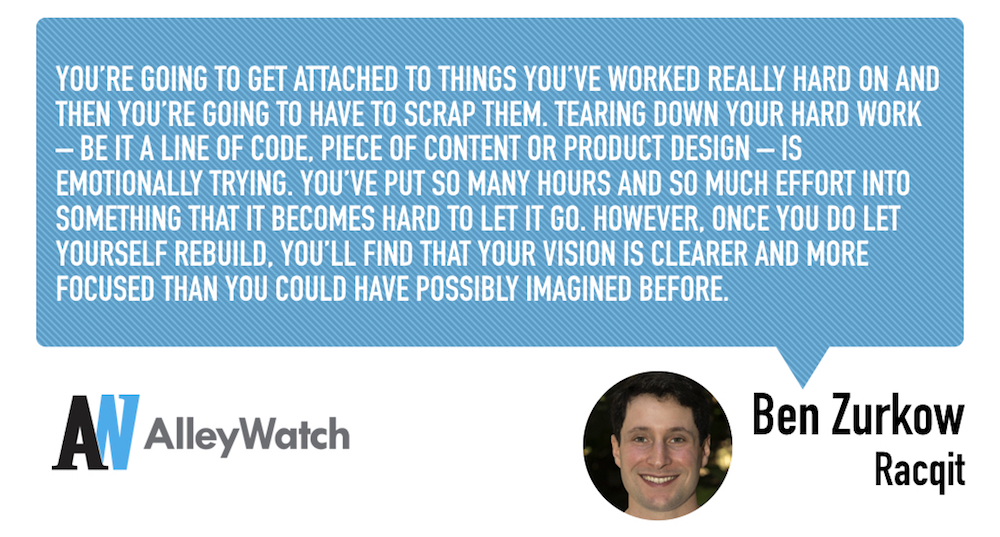Now more than ever, there are tons of products and services competing for our attention, making it difficult and overwhelming to figure out which ones are the best fit, especially when it comes to business. That is why Racqit was created. It is a front-door vendor management platform built to help business technology procurers easily define the top options for their specific solution needs. Its mission is to help companies identify the technologies that fit their individual solution specifications.
AlleyWatch spoke with CEO and founder Ben Zurkow to discuss the launch of this startup.
Tell us about Racqit’s service.
One of the easiest ways to describe Racqit is as a dating-app (think “Tinder” or “Bumble”) for business technology. Racqit helps companies easily select relevant technology vendors for their specific solution needs and discuss solutions in a safe environment (i.e. free from salesperson spam). Pretty much every company we’ve talked to has struggled to answer the question: “What are our options?” Our goal is to help companies answer that question, especially when it comes to new-age technologies like cloud, blockchain and artificial intelligence.
How is Racqit different?
Everything about Racqit is designed to be buyer-centric. We’ve built our process to give the buyer control of every conversation and plan on continuing to build analytic tools to help them make better decisions. We feel like the other technology decision-helping options out there (from marketing-in-disguise review platforms, to often strongly biased consultants) are really designed to boost sales. While we do work with technology vendors to develop real person-to-person conversations with companies, our mission is to be an easy value-add to any company looking for new technology solutions.
 What market is Racqit attacking and how big is it?
What market is Racqit attacking and how big is it?
We’re a front-door vendor management platform that can help every company make better technology decisions. The b2b technology market is huge and, while we’ve found that big, medium and small businesses approach their problems from different perspectives, they all struggle at the outset to define their top solution approaches.
What is the business model?
We work with both technology procurers and vendors. Our basic procurement platform will always be free, and we hope to keep as many of the business intelligence and artificial tools we’re developing free as well. Our main revenue strategy, however, will be a subscription fee for our vendor product.
What inspired the business?
Racqit was built out of my time in sales at Oracle. I kept noticing a kind of solution-product disconnect going on in buyers’ decision-making process. I often share my HR information systems example: an HR department at a mid-market company wants all of their systems to work together so they decide to rip and replace everything with a million-dollar unified HRIS purchase. Meanwhile, they’re ignoring the $75K-$100K integration solution built for their exact use case but not called anything HR specific. My initial motivation with Racqit was to build a platform that would help employees easily incorporate dynamic new technologies into their solution searches.
How do you plan on competing with larger, more established platforms focused on the same space?
There are a lot of different companies vying for the attention of business technology buyers. While our strategy has to start with building our platform’s value and effectively communicating why we should be the first stop in any technology search, we also think we can work with a number of transaction-focused partners as an additional value-added service.
What are the milestones that you plan to achieve within six months?
In six months we hope to flesh out and release a beta version of our planned AI analytics tool which will help companies understand the value of the company they’re talking to, the person they’re talking to, and the solution they’re talking about. We have several other necessary fundraising and traction goals, but we maintain value-development as our number one priority.
What is the one piece of startup advice that you never got?
You’re going to get attached to things you’ve worked really hard on and then you’re going to have to scrap them. Tearing down your hard work – be it a line of code, piece of content or product design – is emotionally trying. You’ve put so many hours and so much effort into something that it becomes hard to let it go. However, once you do let yourself rebuild, you’ll find that your vision is clearer and more focused than you could have possibly imagined before.
If you could be put in touch with anyone in the New York community who would it be and why?
I’d love to meet Michael Bloomberg. He’s obviously been super successful throughout his career, both with his company and as mayor. However, what I admire about him is how well he’s able to approach complex situations and goals with such clarity. I think the way he thinks through problems is remarkable and I’d love to have the chance to learn from him.
Why did you launch in New York?
The simplest answer is that New York is home for me. But starting Racqit in New York was as much about the city as a motivating factor as anything. There’s a drive in this city to learn more, to do better and to improve yourself and your work that forces you to bring your A-game each and every day. As a startup founder, it’s impossible not to have grandiose dreams and I know that if there’s any place to make those dreams a reality, this is it.
What’s your favorite restaurant in the city?
Oh wow, this is a tough one. I’m going to have to say Llama Inn in Williamsburg. Their whole menu is fantastic, but the beef tenderloin stir-fry is a must and I can’t stop dreaming about their lime pie with burnt meringue!






